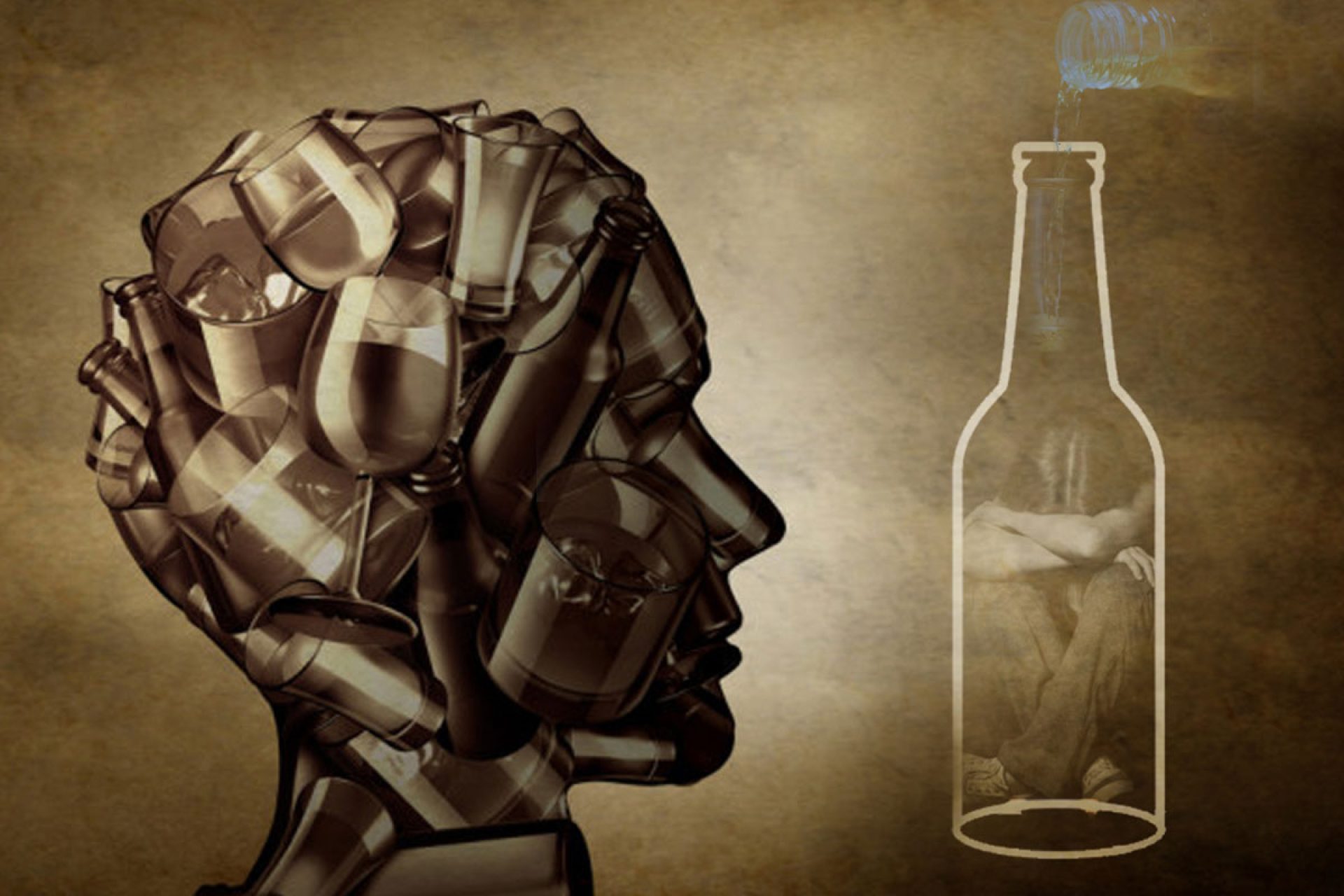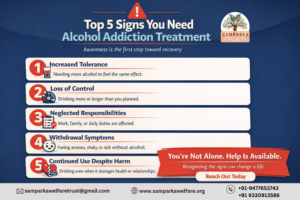Alcohol addiction disrupts life, relationships, and health in devastating ways. Recovery from alcohol addiction is not a single leap but a journey through multiple stages. Joining a rehab marks the first courageous step toward reclaiming control. Alcohol addiction recovery involves structured guidance, support, and medical supervision.
Understanding what happens after you enter a rehab helps set realistic expectations. Each stage builds resilience, coping skills, and emotional strength. Rehab transforms struggles into achievable progress, one stage at a time.
Understanding Alcohol Addiction
Alcohol addiction affects physical health, causing liver damage, heart issues, and weakened immunity. Mentally, it triggers anxiety, depression, and impaired decision-making. Socially, relationships suffer, and work or studies often decline.
In India, over 14% of adults reportedly face alcohol-related problems, with Kolkata seeing increasing rehab admissions yearly. A professional rehab in Kolkata ensures safe detoxification, structured therapy, and continuous support.
Without expert care, withdrawal symptoms and relapse risks escalate. Rehab provides a controlled environment where alcohol addiction recovery is guided with medical and psychological expertise, improving long-term outcomes and life quality.
Choosing Rehab in Kolkata
Kolkata rehab centers combine professional care with cultural sensitivity, ensuring personalized treatment. Factors like treatment approach, therapy options, staff expertise, and facility environment matter. Inpatient programs offer round-the-clock support, while outpatient care allows flexibility.
Choosing the right rehab enhances alcohol addiction recovery success, addressing physical, mental, and social needs effectively.
Stages of Alcohol Addiction Recovery
4.1. Detoxification
Detox is the body’s first step, eliminating alcohol safely. Withdrawal symptoms may include nausea, anxiety, sweating, and tremors. Kolkata rehabs provide medical supervision to manage these symptoms and prevent complications.
4.2. Initial Rehabilitation / Inpatient Treatment
Inpatient rehab focuses on therapy, counseling, and medical care. Patients engage in one-on-one sessions and group therapy. This stage teaches coping strategies and identifies addiction triggers.
4.3. Therapy and Behavioral Treatment
Evidence-based therapies like Cognitive Behavioral Therapy (CBT) and motivational interviewing address thought patterns causing addiction. Regular therapy reduces relapse chances by reinforcing positive behaviors.
4.4. Developing Life Skills and Support Systems
Patients learn daily routines, stress management, and social reintegration. Family therapy and community support groups strengthen relationships. Peer support encourages accountability and confidence.
4.5. Relapse Prevention
A reliable rehab in Kolkata educates on triggers and high-risk situations. Patients adopt relapse-prevention strategies, including coping mechanisms and follow-up check-ins. Continuous guidance minimizes setbacks.
4.6. Post-Rehab Recovery / Aftercare
Aftercare includes outpatient therapy and local support groups in Kolkata. Patients sustain sobriety through routines, mindfulness, and personal growth. Long-term alcohol addiction recovery thrives on consistent effort and guidance.
Common Challenges During Recovery
Recovery involves intense physical cravings and emotional struggles. Patients face mood swings, anxiety, and depression during the early stages. Social pressures and exposure to old environments trigger relapse risks.
Coping mechanisms, counseling, and peer support help navigate these challenges. Awareness and proactive strategies play a critical role in successful alcohol addiction recovery.
Tips for a Successful Recovery
Maintaining structured daily routines, proper nutrition, and regular exercise aids recovery. Mindfulness practices reduce stress and improve mental clarity. Joining supportive communities, therapy sessions, and self-help groups strengthens resilience.
Professional help remains crucial whenever setbacks occur. Consistency, patience, and guidance make alcohol addiction recovery sustainable and meaningful.
Alcohol addiction recovery involves detox, therapy, skill-building, relapse prevention, and aftercare. Rehab provides essential support at every stage. Seeking professional help ensures a safer, guided journey toward lasting sobriety. Recovery transforms challenges into achievements, one step at a time.







